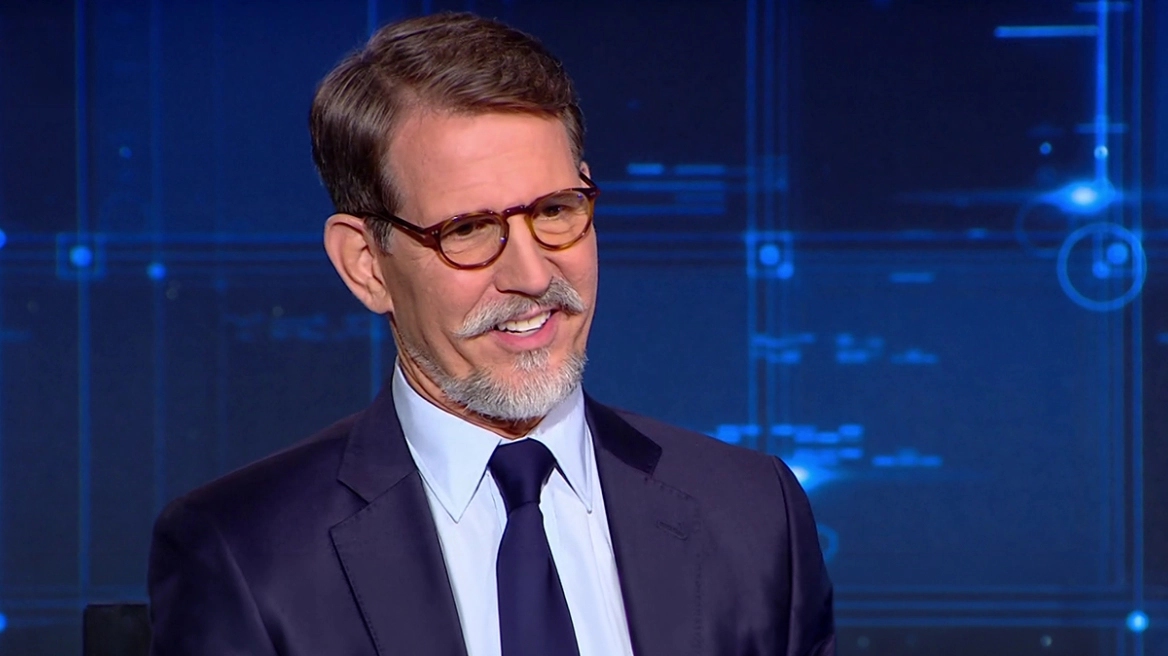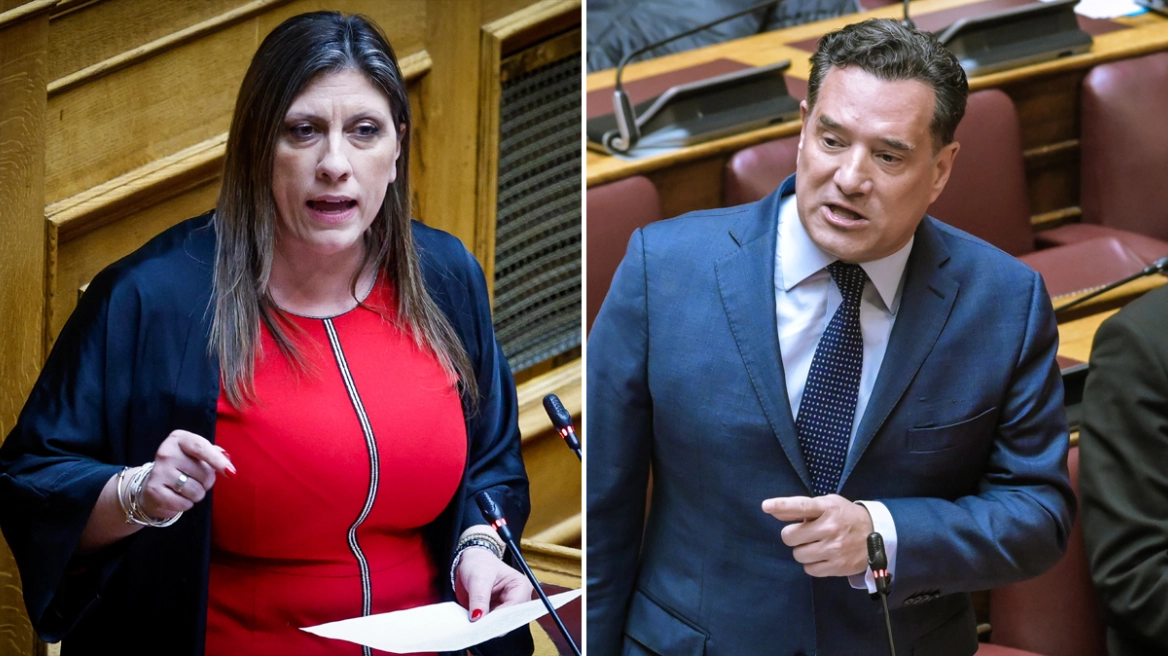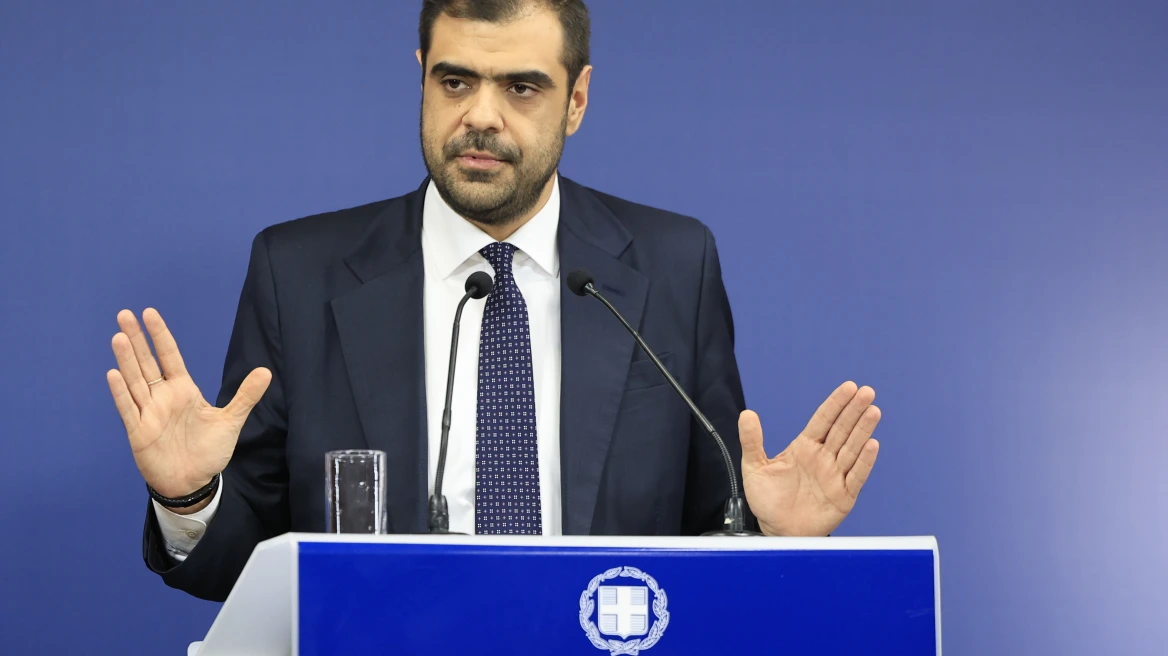Just before 11:00, Herodou Atticus Street is expected to be filled with ministerial cars for the swearing-in of the new cabinet, which constitutes a major shuffling of the government‘s deck of cards.
With the rearrangement of the operation of the Maximos Mansion, the placement in key posts of ministers from the generations of 40- and 30-somethings without a particularly negative charge, but also the balance between rotation of ND MPs and technocrats, Kyriakos Mitsotakis wants to succeed in restarting the government, with an emphasis on immediate “deliverables”.
After the swearing-in and expected statements, Mitsotakis will chair the first cabinet of the new term, following one of the most extensive reshuffles he has undertaken in his nearly six years as prime minister. In his installation, Mitsotakis is expected to give instructions, calling for speed and efficiency from cabinet members, while he will also insist on immediate “deliverables” from his ministers, also overseeing capital initiatives per ministry. Notably, starting next week, Mitsotakis will begin a cycle of visits to ministries with new political leadership to send a message of acceleration.
The coordination “duo” and the new morning coffee
At the Maximou Mansion, the redeployment of forces is significant with the arrival of Kostis Hatzidakis. The highly experienced politician, with tenure in “electric-chair” ministries is called upon to break the Gordian knot of plurality and lack of coordination in the government center in recent times and from the position of vice-president will coordinate the work of the economic and production cycle ministries. At the same time, Hatzidakis will also oversee major projects that the government is called upon to “run”. The deputy prime minister will be on an open line with State Minister Akis Skertsos, who is in charge of coordinating the work of the social and institutional ministries, as well as the government’s daily routine, in cooperation with his deputy minister Thanasis Kontogeorgis.
As a consequence of the rearrangement of forces, we also have the “tightening” of the composition of the morning coffee, which currently numbers more than 15 people. Every day, at around 08:30, Mr. Hatzidakis, Mr. Skertsos, government spokesman Pavlos Marinakis, Deputy Prime Minister George Mylonakis, the Prime Minister’s Secretary General Stelios Koutnatzis and the heads of the government’s communications staff will meet.
Generational change and balance
On the political front, the choices of Kyriakos Pierrakakis in Finance, Christos Dimas and Kostas Kyranakis in Infrastructure and Transport, Sofia Zacharakis in Education, Domna Michailidou in Social Cohesion and Family, Yannis Kefalogiannis in Civil Protection, etc. show that Mitsotakis “voted” with his choices for a change of generation in the front of the government. Executives who largely “bear” his stamp are being put in the “front” of the government’s scheme, in an attempt to reconnect the government with its electoral base. Of course, as government officials point out, the intentions are good, but will be judged by effectiveness. Mitsotakis, however, deliberately left former ministers out of the government who “played” for hire and pushed for the promotion of younger deputy ministers.
Of course, balances were also observed. The “carom” between Stavros Papastavrou and Makis Voridis was largely predictable, especially since the former State Minister’s exit from the Mansion Maximou was discounted, while internal party criteria were also evaluated. For example, former Immigration Minister Nikos Panagiotopoulos left, but his colleague Makarios Lazaridis was not utilized. Zetta Makri left the Ministry of Education and Christos Boukoros, also from Volio, joined the government at the Ministry of Digital Governance. Similarly, Sophia Voultepsi (South Sector B’ Athens) dropped out and Anna Karamanlis entered the government. Yannis Lambropoulos from Messinia, who was utilized as Deputy Minister of Citizen Protection, is the historical political rival of Antonis Samaras. And also, both Domna Michailidou and Costas Katsafados were utilized from Piraeus.
At the same time, the government was not reduced in terms of the number of its members, while the non-parliamentary ministers were not “wiped out” for the sake of the MPs. Panos Tsakloglou left the Labor Ministry and Alexandra Sdoukou left the Environment Ministry, but Prime Minister’s adviser Nikos Tsafos (Environment), businessman Aristos Doxiadis (Research and Innovation) and the former Secretary General of the Education Ministry Nikos Papaioannou joined the government.
Ask me anything
Explore related questions





